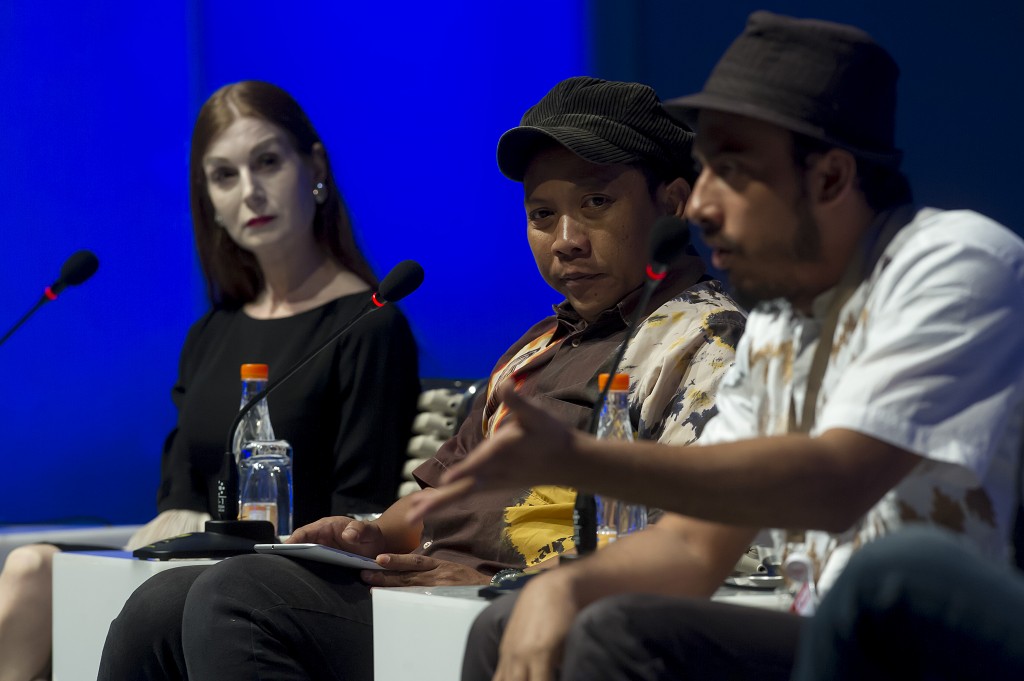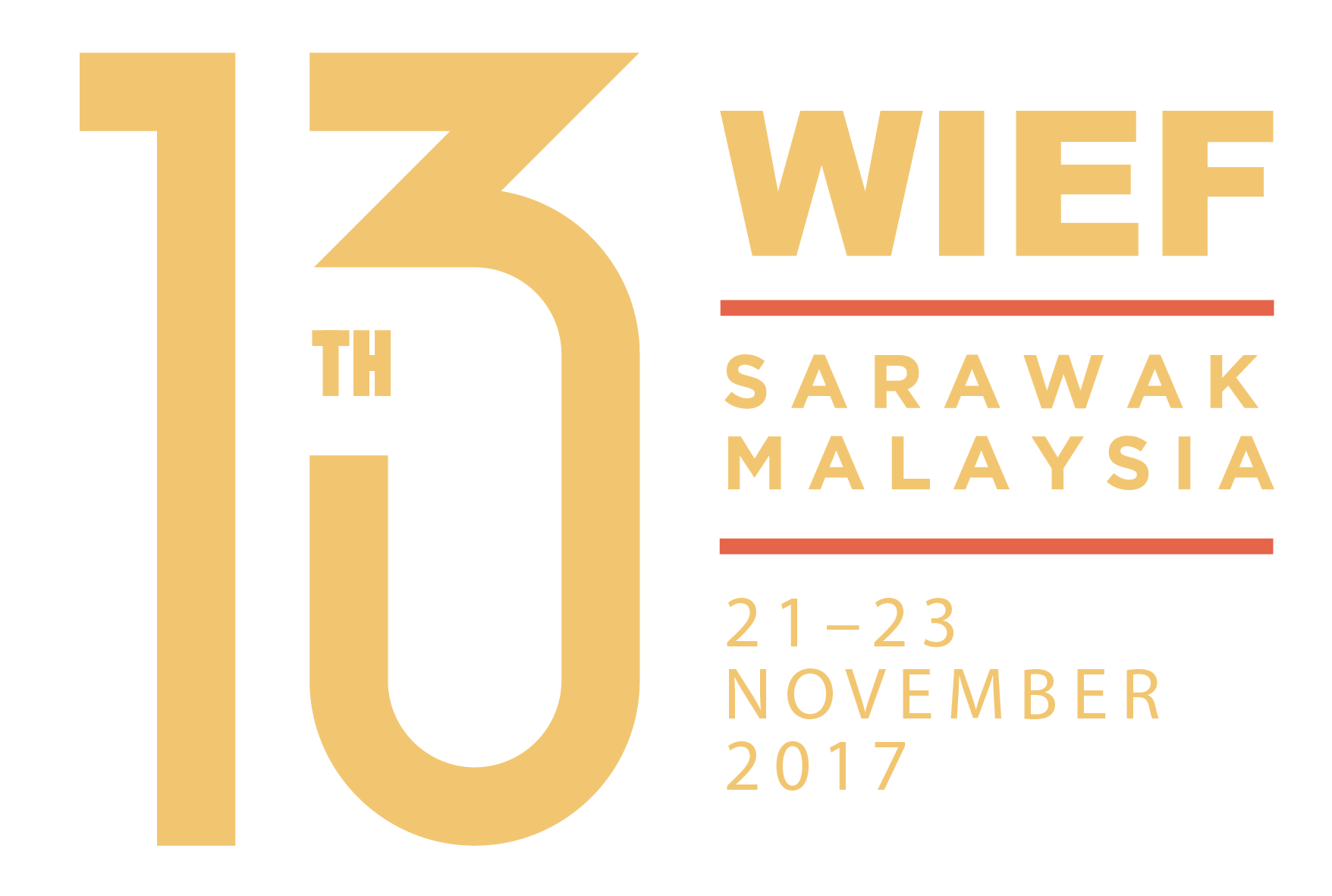Discovering Islam Through Movie Lenses

Jakarta, August 4, 2016 – A collaboration of creative talents displaying an array of genres gathered last evening to top off MOCAFest Soundscape Concert with modern, traditional, and exquisite performances. Jamal Raslan, Ayu Laksmi, Rasmee Wayrana, Marcell, were among the skilled performers.
On the last day of its showcase, audiences still have the opportunity to revel in the glory of an Islamic fashion, visual and live installation, before the 12th WIEF sealed its session today.

As presented earlier this morning in the panel discussion, attention of the audience was drawn to the discourse on ‘Islamic Cinema’. As observed by Dr. Katinka Heeren, this appears to bring a broad definition or leave some question marks as to what constitutes Islamic cinema itself, be it values, culture, or people. However, any depictions shown within the film are acknowledged by the directors, whether to monetize as a means to market entry or solely to portray the idealism behind the movie. Aside from that, two renowned Indonesian directors/filmmakers, Ismail Basbeth and Daniel Rudi Haryanto, were there to share their ideas arising from the topic.
The movie “Khalifah’ by Nurman Hakim, screened after the panel discussion, allowed the audience a broader perspective on Islamic Film. The movie depicts an aspect of feminism as Khalifah (‘Leader’) is the label for a man in Islam while in this movie the role of Khalifah is played by a woman (Marsha Timothy). A conflict arises when Khalifah wishes to have equality for herself and her child, as a leader. Director Nurman Hakim is also known for his movie ‘3 Doa 3 Cinta’.
To enact this year’s MOCAfest, Fauzi Yusoff along with Etson Caminha, performed a dynamic pair between multimedia art and traditional musical instruments.













































